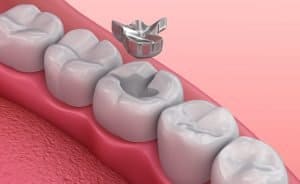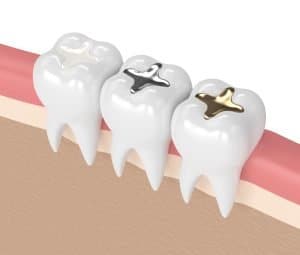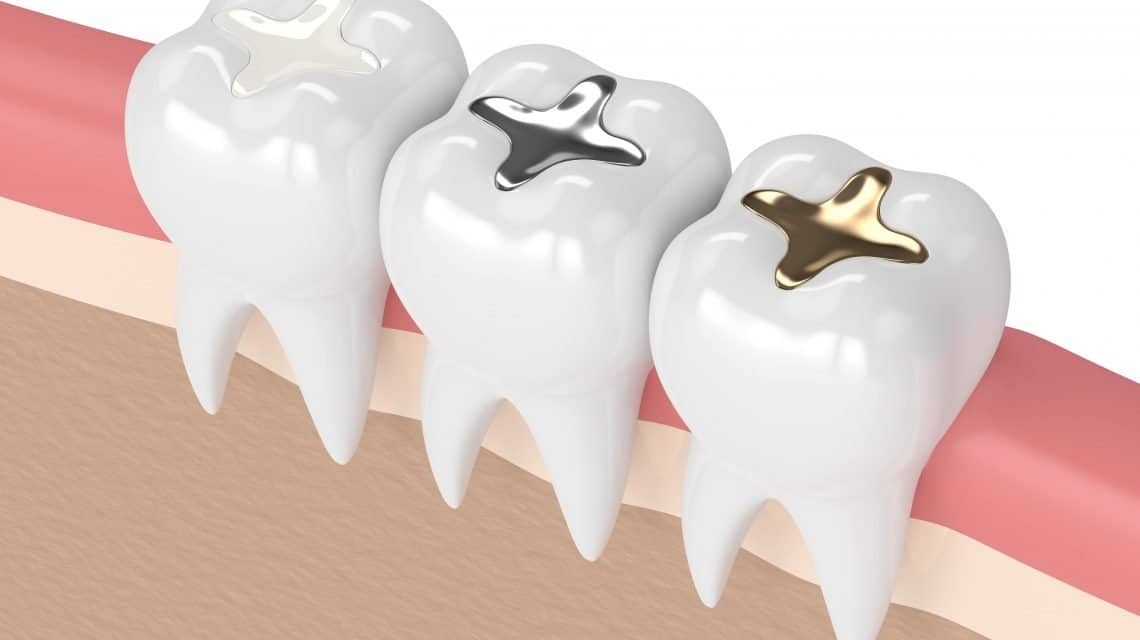A tooth filling is a common form of treatment for those who need to fill a dental cavity, a tiny hole that forms on the tooth. There are many warning signs to a cavity, and when a cavity is found, the treatment typically involves the removal of any decayed pieces of teeth, cleaning the affected area, and applying either composite or amalgam fillings. The process is painless and simple and doesn’t take a whole lot of time. Although, taking care of your filling is still something that most patients are not fully aware of, and is a grey area that needs to be thought of to ensure the filling stays healthy for the long term.
Here’s how you can help yourself by looking after your fillings. Below are the things that you should not do with a tooth filling inside the mouth.

Do Not Touch Your Tooth Filling
The first thing you mustn’t do, especially once you’ve just had the filling treatment performed. You will feel numb with the anesthetic put in. The filling will need to settle and it is important that you do not correct the filling’s position if you feel that the filling is loose. The first thing you need to do is contact the dentist to resolve it. Even when the filling is solid in its position, avoid touching it or playing with it.
Do Not Ignore Sensitivity
Tooth sensitivity after filling treatment and shortly after it is natural, so it is nothing to be worried about. For deeper fillings, the filling may be closer to the nerve. After a week, if you experience further sensitivity, it can be a sign that something is wrong or the filling is not in its rightful position. Consult your dentist if the pain continues as the cavity will become exposed, requiring a check-up or potentially emergency treatment.
Do Not Mask Behind Your Pain
A natural thing to do is to ignore your pain in the hope that it goes away. For fillings, this is not the best idea because you’re at risk of further infection. Bacteria may also penetrate if the filling is loose. If you’re considering taking pain medication yet the pain still persists, it is a sign that your filling needs looking at by a professional.
Do Not Grind Your Teeth
If you have a habit of grinding your teeth, then this can cause problems to your fillings and teeth. It is important that you’re upfront with the dentist about any medical conditions such as teeth grinding. Grinding can wear down your fillings and cause sensitivity and chips on your teeth. It is important that you discuss any solutions when it comes to your filling.

Do Not Eat Chewy Or Sticky Foods
You’ll be requested to make some changes to your diet for the longevity of your filling. This includes avoiding any hard, chewy, or sticky foods for at least two to three weeks. You must also avoid hot and cold food and drink if you’re experiencing any sensitivity. Continue to brush your teeth and floss, but consider eating softer foods such as boiled potato, vegetables, soup, eggs, and oatmeal.
Aftercare of your filling is very important so that you no longer need to visit the dentist for more treatment, rather just check-ups. Read here to learn about what you should do when it comes to taking care of your filling. If you want to visit the dentist, contact us! We’re happy to help.


